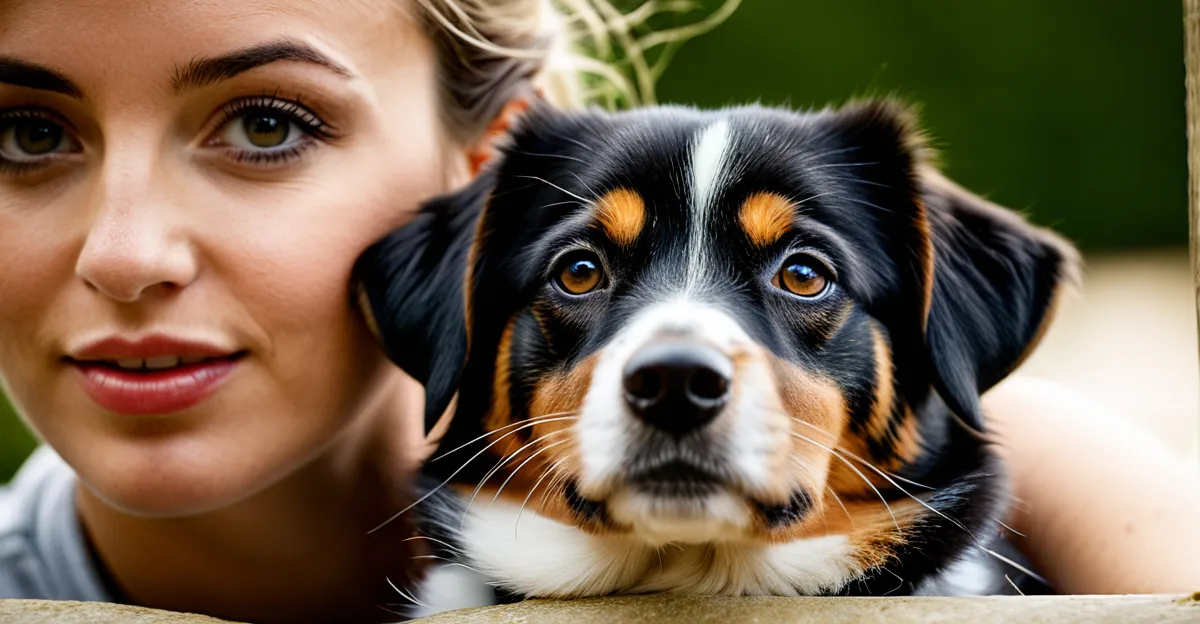Rapid Growth in Pet Ownership and Changing Demographics
Recent UK pet ownership statistics reveal a significant uptick in pet adoption rates across various demographics. This growth is not confined to traditional pet-owning groups but spans diverse age ranges, household compositions, and geographic locations. Younger adults, particularly those aged 25 to 34, along with single-person households, are increasingly becoming pet owners. Urban areas have witnessed a notable surge in pet adoption, reflecting shifting lifestyle preferences and greater accessibility to pet care resources.
The rise in pet ownership is driven by several factors. Increased awareness of the benefits of pet companionship, particularly for mental health, has motivated many to adopt pets. Additionally, the expansion of pet adoption initiatives and shelters offering more accessible services has made it easier for prospective owners to find pets. The impact of social trends emphasizing responsible pet ownership and animal welfare also contributes to this growth.
Have you seen this : How Can British Households Make a Pet-Friendly Environment?
Pet owner demographics now include a broader spectrum of the population, with more inclusivity regarding age and living situations. Multi-pet households are also becoming more common, reflecting a deeper commitment to pet companionship. These trends suggest a sustained increase in pet adoption rates moving forward, shaped by evolving societal values and individual lifestyle choices in the UK.
Popularity Shifts Among Pet Types
The most popular pets in the UK continue to be dogs and cats, though notable shifts have occurred in recent years. While dogs remain the top choice for many households, there has been a subtle decline in dog ownership in urban areas contrasted by a steady rise in cat ownership. This pattern mirrors lifestyle changes: city dwellers often prefer cats due to smaller living spaces and less time available for walking dogs.
Also to read : How Can Pet Owners in the UK Create Enriching Home Environments for Their Animals?
Simultaneously, the small pets trend is gaining momentum. Animals such as rabbits, guinea pigs, and hamsters are becoming increasingly favored, especially among younger owners and families seeking lower-maintenance companions. Their appeal lies in ease of care and suitability for indoor environments. Moreover, small pets often serve as an introductory choice for first-time pet owners, contributing to their rising popularity.
An emerging force in the pet landscape is the growth in ownership of exotic pets in the UK. Reptiles, amphibians, and some bird species are attracting enthusiasts keen on unique companions. Factors driving this trend include urbanization, which limits traditional pet options, and increased access to specialized pet care knowledge and supplies. However, exotic pet ownership demands considerable commitment to specialized habitats and diets, which prospective owners must understand thoroughly before adoption.
Urban versus rural divides also shape pet type selection. Rural areas, with larger outdoor spaces, naturally favor dogs and some larger small pets, while urban settings see more cats, small pets, and exotic species. This variation reflects practical considerations such as space, time availability, and lifestyle preferences.
In summary, the UK’s pet landscape is diversifying. Dogs and cats remain dominant, but growing interest in small and exotic pets reflects changing demographics and lifestyle adaptations across the country. Prospective owners should consider these dynamics carefully to choose pets that match their circumstances and commitments.
Integration of Technology Into Pet Care
The surge in pet technology UK highlights a transformative shift in how owners care for their pets. Smart pet products, including GPS trackers, automated feeders, and interactive cameras, offer unprecedented convenience and security. These devices enable owners to monitor pets remotely, ensuring safety and comfort even when away from home.
Mobile applications supporting pet health are increasingly popular. Pet health apps provide tools for tracking vaccinations, dietary needs, medication schedules, and behavioral patterns. This empowers owners to make informed decisions swiftly, enhancing overall pet wellbeing. Surveys indicate a strong uptake of such technology, reflecting growing consumer trust and demand within the market.
Experts emphasize that pet technology UK not only simplifies routine care but also strengthens the owner-pet bond through improved communication and real-time feedback. As innovation accelerates, combined with rising awareness, the adoption of smart pet products is expected to become a standard feature in UK households committed to responsible and modern pet care.






